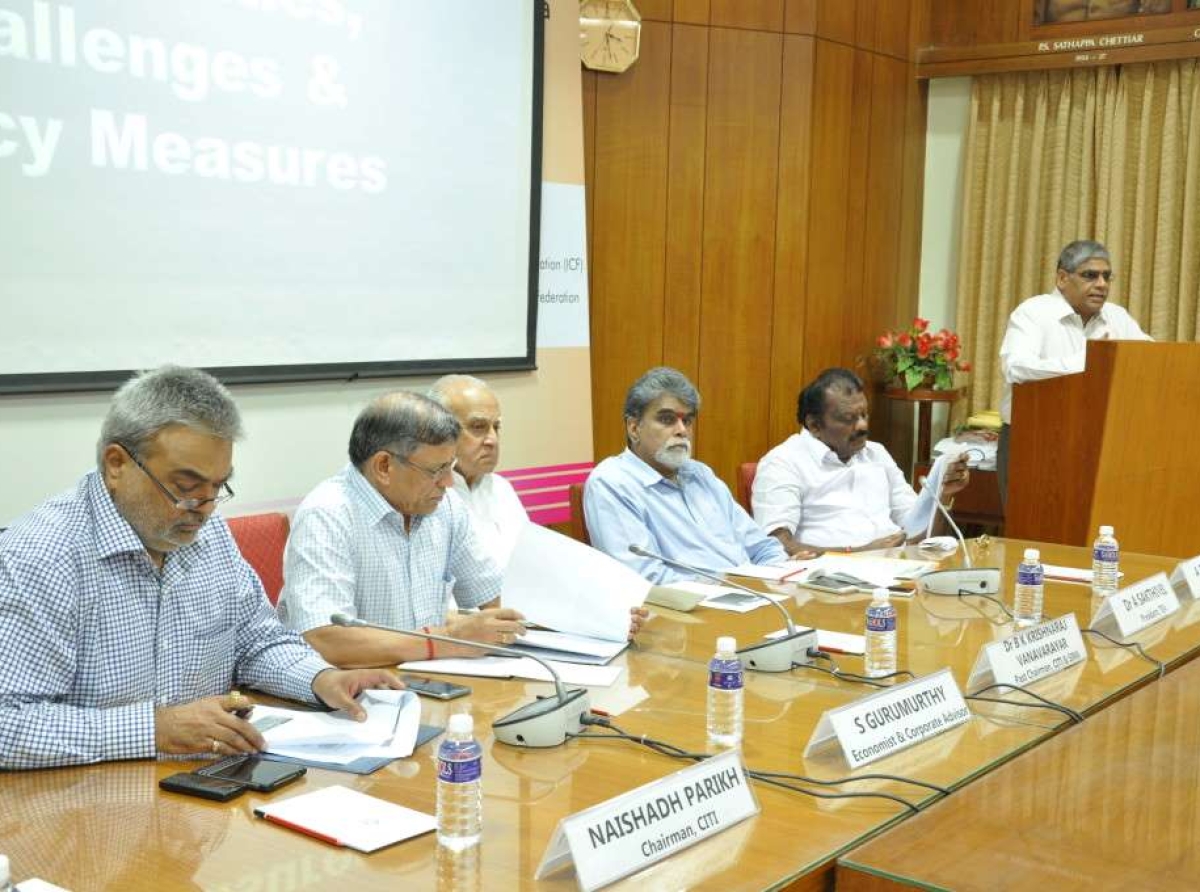SIMA: Southern textile industry in crisis, urgent appeal for relief measures

In a virtual meeting, key associations representing spinning mills in Southern India, including SIMA, TASMA, SISPA, ISMA, RTF, RSF, APTMA, and TSTMA, discussed strategies to address the severe financial crisis plaguing the region's textile industry. The Southern States, comprising Tamil Nadu, Andhra Pradesh, and Telangana, which contribute to 55% of the nation's spinning capacity, have been grappling with an 18-month recession exacerbated by global economic slowdown, domestic market sluggishness, and import-related challenges.
The industry has witnessed a sharp decline in cotton yarn exports, plummeting by 56% from April to September 2023 compared to the previous fiscal year. Contributing to the woes are increased power costs, up to Rs.2.50 per unit, making Southern States less competitive globally. Unlike other states like Maharashtra and Gujarat, which offer substantial incentives, the Southern textile industry faces volatility in cotton prices, surplus production capacity, and reduced exports.
The ongoing Ukraine-Russia conflict, Israel-Hamas war, and issues related to Man-Made Fiber Quality Control Order have further strained the financial health of spinning mills nationwide, particularly in the South. Adding to the predicament is an abnormal surge in imports, with a notable increase in cotton and viscose fiber, cotton and polyester yarn, polyester fabrics, garments, and made-ups from China, Bangladesh, Vietnam, and Sri Lanka.
In response, Dr. S. K. Sundararaman, Chairman of SIMA, issued a press release outlining urgent appeals. These include requests to the Chief Ministers of Tamil Nadu, Andhra Pradesh, and Telangana to roll back recent power tariff hikes for a year, and to the Prime Minister for a one-year moratorium on loan repayments, conversion of ECLGS loans, financial assistance for working capital, removal of the 11% cotton import duty, and addressing QCO-related issues.
The associations also urged all state governments to suspend incentives for spinning capacity expansion until oversupply issues are resolved. To emphasize their plight, they proposed a one-week production stoppage and advised a 35% reduction in production across the spinning sector. The crisis, if unaddressed, could lead to the closure of large-scale spinning mills in the region.
























